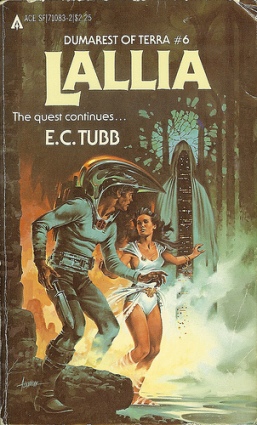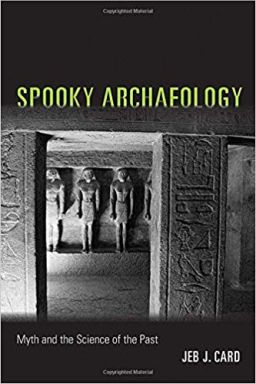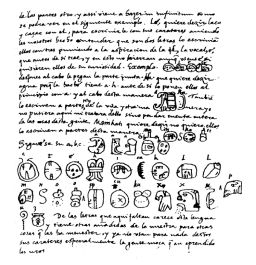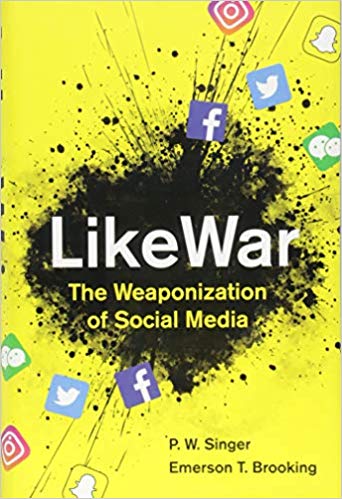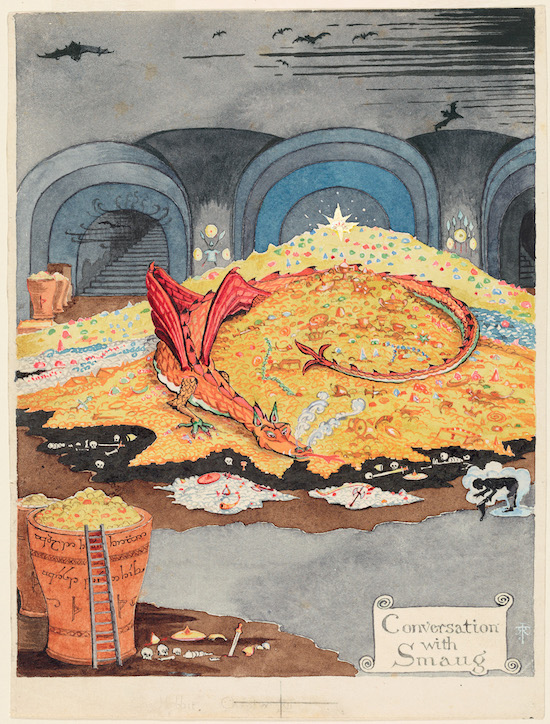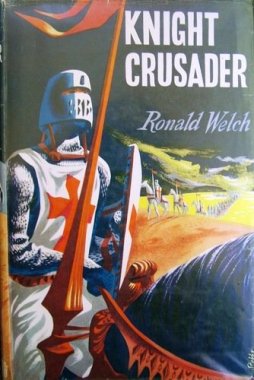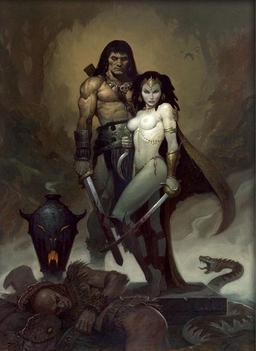Lin Carter’s Imaginary Worlds #3: Tricks of the Trade and Reflections
I’m doing a deep dive into Lin Carter’s Imaginary Worlds (first article), and I’ve finally gotten to his last chapter in which he gives advice to writers:
When a writer first begins evolving in his imagination and his notebooks, the raw materials that he intends to shape into an imaginary world, he should think through the problem through to its logical ramifications.
Because…
…despite the convictions of occultists and the religiosi of the several faiths, in the actual world magic simply does not work… and an invented world, therefore, that includes the super natural element must be–has to be–very different from his own. Any writer…. should think through all its implications.
If you’ve just tuned in, Lin Carter was a Fantasy author and editor who flourished roughly from the 50s to the 70s. He was a far better editor than author, however his stories are reliable comfort reads, and compensate for lack of depth with fast pacing and unconstrained imagination. No surprise, then, that his thoughts on Fantasy worlds are worth reading. He gives them in X entertaining secions.
…




